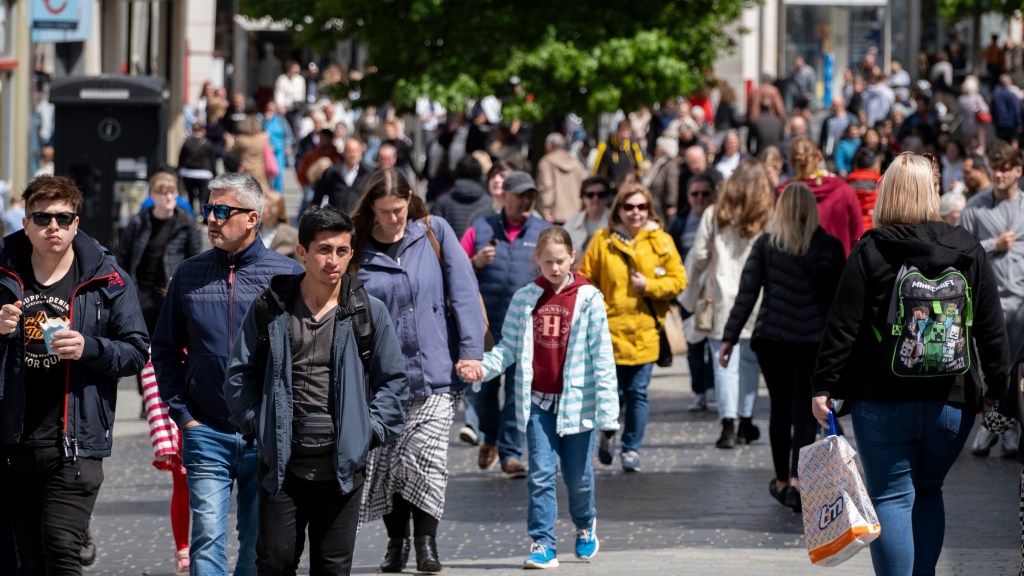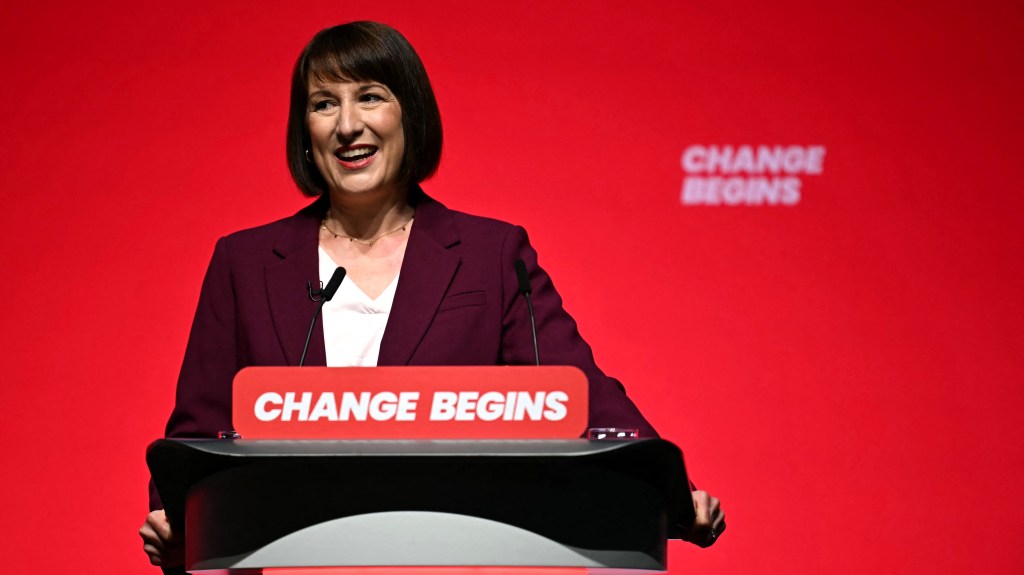Unexpected Increase in UK Retail Sales for September
UK retail sales experienced an unexpected increase in September, despite the anticipated tax hikes associated with the upcoming budget announcement later this month.
According to the Office for National Statistics (ONS), retail transactions rose by 0.3 percent, following a previous increase of 1 percent in August. Analysts had predicted a decline of 0.4 percent.
Consumers showed a preference for technology products, yet shopping at supermarkets declined. Overall, retail sales are still 0.2 percent lower compared to pre-pandemic levels.
In the three months leading up to September, sales recorded a growth of 1.9 percent, marking the joint largest quarterly rise since July 2021.
Hannah Finselbach, a senior statistician at the ONS, commented: “Retail sales saw growth in September largely due to a significant boost from technology stores. This growth was partially countered by disappointing sales in supermarkets, where bad weather and a trend of reducing expenditure on luxury food items affected sales negatively.
“When considering the overall trend, retail sales have shown an upward movement across the entire third quarter, with positive growth noted in all major retail sectors.”
Erin Brookes, who leads the European retail and consumer division at Alvarez & Marsal, observed: “Retailers have celebrated three consecutive months of sales growth. Unusually high levels of rainfall and an early onset of winter prompted demand for warm attire, complemented by a rise in non-food sales from computer and telecommunications vendors.
“Even though consumers are still cautious with their spending, their financial situations have improved somewhat compared to last year. Nevertheless, consumer confidence remains delicate, particularly with the impending autumn budget announcement this month, leading to uncertainty regarding household finances.”
Oliver Vernon-Harcourt, head of retail at Deloitte, noted that a “back-to-school boost” contributed to increased sales of computers, clothing, and footwear. However, he added that many consumers refrained from purchasing larger items, with smaller luxury goods helping to sustain sales values.
The recent uptick in consumer expenditure arrives ahead of Rachel Reeves’s first budget announcement on October 30, where significant tax increases and spending cuts amounting to £40 billion are anticipated. Both Reeves and Sir Keir Starmer assert that difficult decisions are needed to manage the unexpected rise in spending inherited from the previous Conservative government.
This week, both leaders faced criticism from their colleagues after outlining potential budget cuts.
Surveys suggest that the combination of impending tax increases and the somber narrative surrounding the UK economy since the government’s change in leadership in July has dampened consumer confidence. The GfK consumer confidence index fell to minus 20 in September, down from minus 13 in August.
Should economic conditions improve, the retail sector may see further growth in the coming months. The Bank of England is expected to reduce interest rates in November and December by 25 basis points, potentially lowering the base rate to 4.5 percent, following a decline in inflation to a three-year low of 1.7 percent in September.
However, Kris Hamer, director of insight at the British Retail Consortium, cautioned: “While the sales growth is encouraging, retailers are anxiously anticipating the budget, fearing potential increases in costs such as changes to employer national insurance contributions, as well as a rise in inflation-driven business rates scheduled for next year. Such changes could impose more strain on an industry already facing extensive taxation.”>
“The chancellor should utilize this budget opportunity to create a fairer economic playing field by implementing a retail rates correction, which would involve a 20 percent reduction in business rates for all retail properties. This would promote investment and stimulate economic growth, ultimately benefiting jobs, shops, high streets, and local communities.”




Post Comment